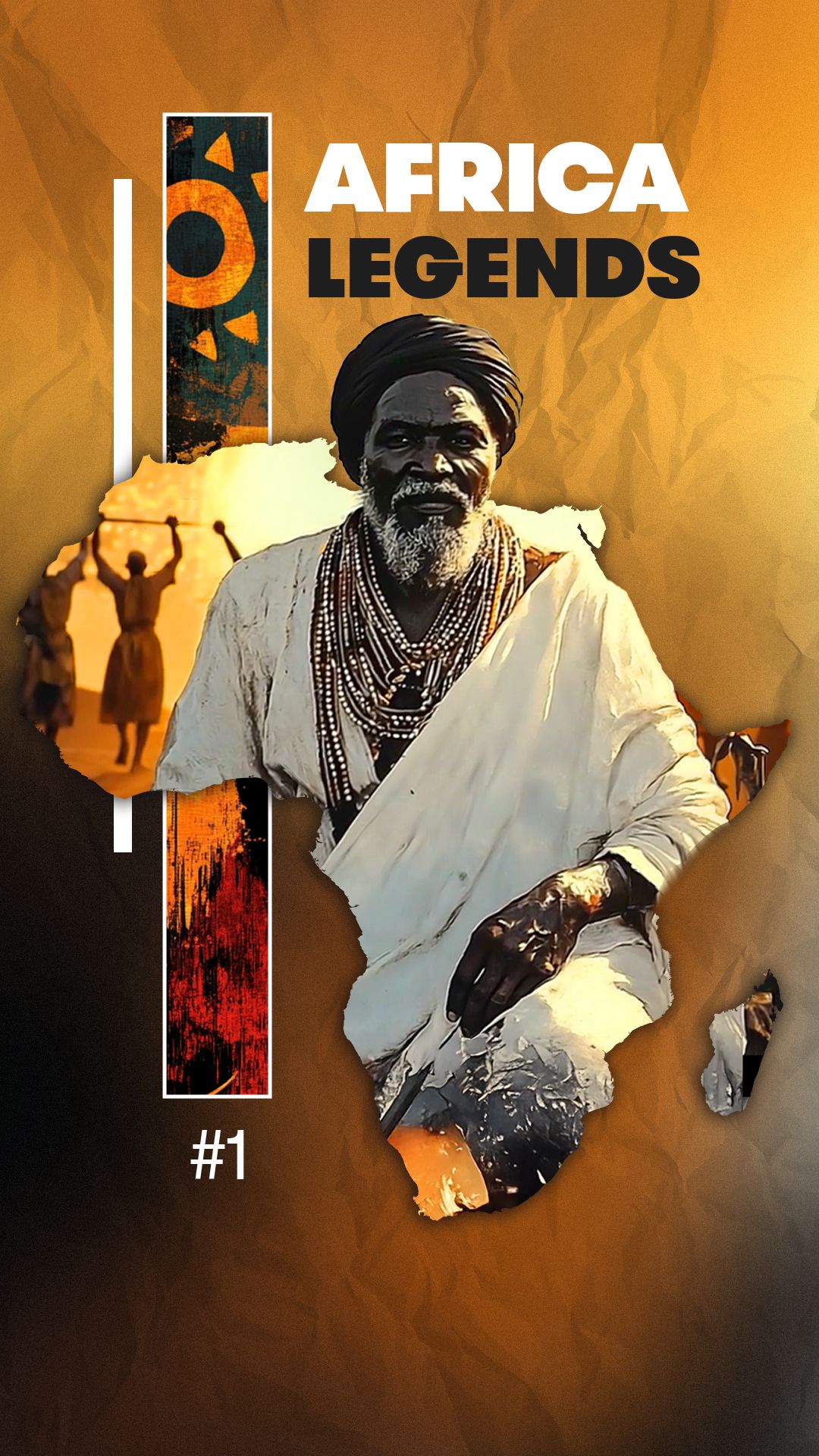In the 1840s, a legendary Kenyan freedom fighter was born in the coastal county of Kilifi, home to the Giriama community.
Named Nyanzi Waza at birth, her identity transformed when she became a mother. After giving birth to a son, she took the name ‘Mekatilili’, meaning "Mother of Katilili"—a name that would later echo through history as a symbol of resistance.
By her 70s, Mekatilili had become a formidable leader, rallying her people against British colonial oppression.
The British had been forcibly taking locals from their homes for slavery, and Mekatilili’s own brother, Moran, was among those abducted. His capture ignited a fire within her, spurring her to spearhead a resistance movement.

‘Iconic woman’
The Giriama people suffered immensely under colonial rule—their lands were seized, families displaced, and over 150 lives lost. More than 5,000 homes were burned, and sacred meeting sites in Kilifi were destroyed. Yet, Mekatilili refused to back down.
In 1913 and 1914, she was captured twice by British authorities, but her spirit remained unbroken. Each time, she escaped captivity and returned to Kilifi, where she continued to mobilise her people. Her leadership kept anti-colonial sentiments alive, inspiring the Giriama to reclaim their autonomy.
Under her influence, the community restored its traditional leadership structures, with Mekatilili taking her place as the head of the Women’s Council. Her legacy endured until her death in the mid-1920s, but her impact never faded.
Today, Mekatilili wa Menza stands as one of Kenya’s most iconic women—a fearless warrior, a unifying leader, and an enduring symbol of resistance against oppression. Her story continues to inspire generations, a testament to the power of courage and defiance in the face of injustice.















